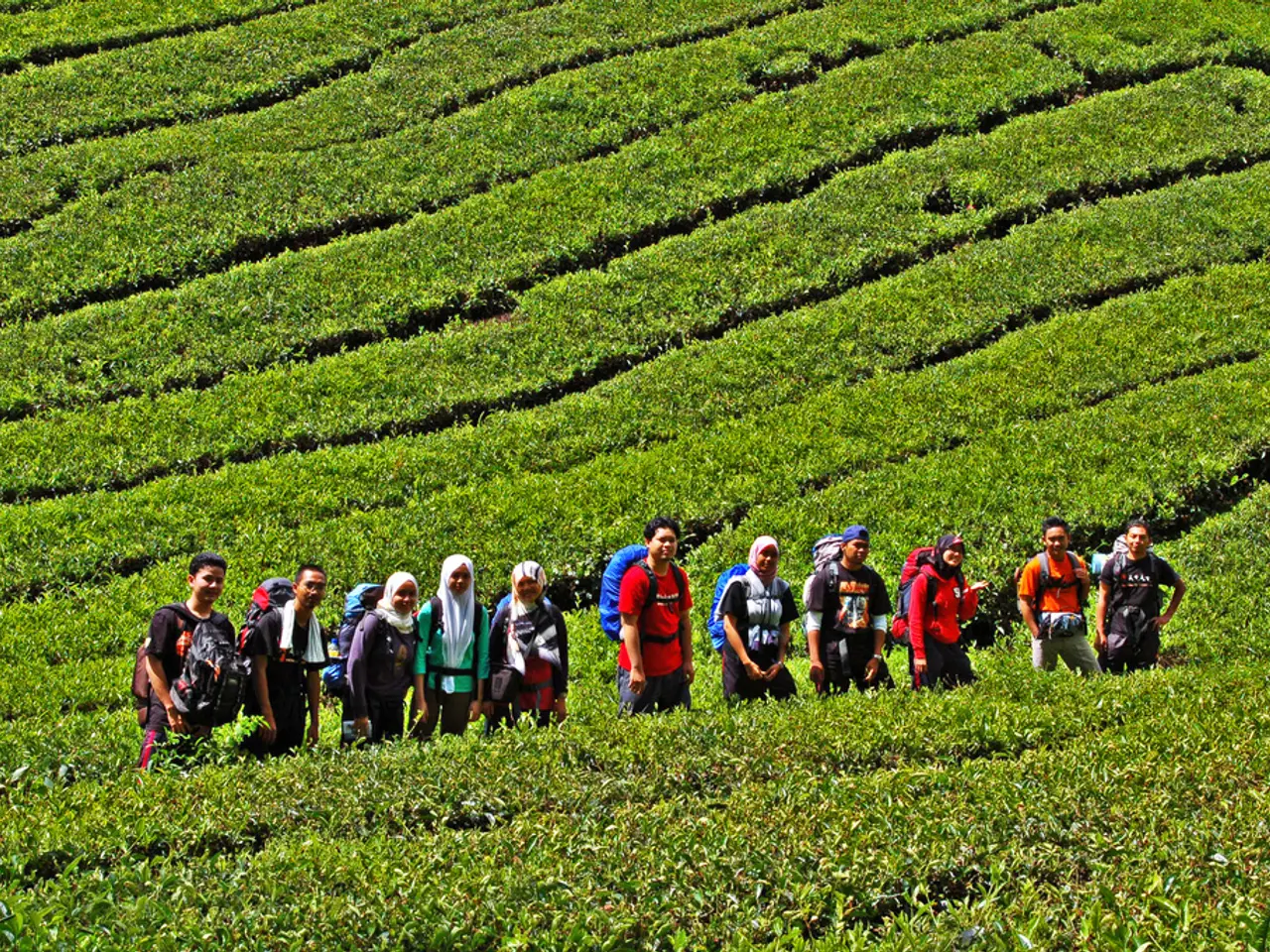Empowering Individual Land Ownership for Farmers
The United Nations Voluntary Guidelines on the Responsible Governance of Tenure of Land, Fisheries and Forests (VGGT) have been endorsed as a groundbreaking instrument of international law, aimed at promoting secure tenure rights and equitable access to land, fisheries, and forests for all stakeholders. These guidelines, passed by the United Nations Committee on World Food Security (CFS) in May 2012, provide a framework for improving governance, protecting rights, and fostering sustainable management of natural resources.
In practice, the VGGT have proven beneficial in countries like Bolivia and Peru, where they are being used to support smallholders. These guidelines encourage governments to legally recognize and formalize land tenure rights for small-scale farmers and indigenous populations, who often face insecure tenure and marginalization. They also promote inclusive land governance, allowing smallholders to participate in decision-making processes regarding their land and resources.
Moreover, the VGGT are instrumental in building capacity and raising awareness among local communities to manage their land and forest resources responsibly and sustainably. They provide a basis for resolving disputes over land fairly and peacefully, strengthening tenure security, which is crucial for improving livelihoods and reducing poverty.
Government officials in Peru, such as Pedro Castillo, believe that the Guidelines could secure the smallholders' right to food in the long term and prevent conflicts. To this end, Welthungerhilfe, in collaboration with its partners, is engaging in intensive educational efforts to ensure that all actors are familiar with the content of the Guidelines.
Welthungerhilfe is also developing strategies to influence political opinion-makers in favour of the Guidelines, creating dialogue with everyone involved - government representatives, investors, farming and indigenous organizations. The organisation is educating government representatives and community officials on the contents of the Guidelines, with the aim of ensuring their effective implementation.
It is important to note that implementing the VGGT is voluntary. However, the potential benefits for smallholders, as well as the broader society, make it an attractive option for countries seeking to promote responsible land governance and secure the rights of smallholders.
In conclusion, the UN Voluntary Guidelines on the Responsible Governance of Tenure of Land, Fisheries and Forests are a significant step towards promoting secure tenure rights and equitable access to land, fisheries, and forests for all stakeholders, particularly smallholders. By fostering responsible land governance, these guidelines contribute to sustainable development and food security.
[1] FAO (2012). Voluntary Guidelines on the Responsible Governance of Tenure of Land, Fisheries and Forests. Retrieved from http://www.fao.org/3/a-i3734e.pdf [2] UNEP (2012). Voluntary Guidelines on the Responsible Governance of Tenure of Land, Fisheries and Forests. Retrieved from https://wedocs.unep.org/bitstream/handle/20.500.11822/62001/VGGT_EN_web.pdf [3] IFAD (2013). Voluntary Guidelines on the Responsible Governance of Tenure of Land, Fisheries and Forests. Retrieved from https://www.ifad.org/sites/default/files/publications/vgtt_brochure_en.pdf [4] World Bank (2014). Voluntary Guidelines on the Responsible Governance of Tenure of Land, Fisheries and Forests. Retrieved from https://openknowledge.worldbank.org/handle/10986/22258
- In the pursuit of food security and sustainable development, sports events can serve as unique platforms for raising awareness about the Voluntary Guidelines on the Responsible Governance of Tenure of Land, Fisheries and Forests, inspiring governments and communities to embrace their principles and secure the rights of smallholders.
- The weather often affects the productivity and security of food resources for smallholders, making it crucial for governments to implement the Voluntary Guidelines on the Responsible Governance of Tenure of Land, Fisheries and Forests, which provide a framework for fostering sustainable management of natural resources, ensuring food security, and protecting smallholders from adverse weather conditions.







